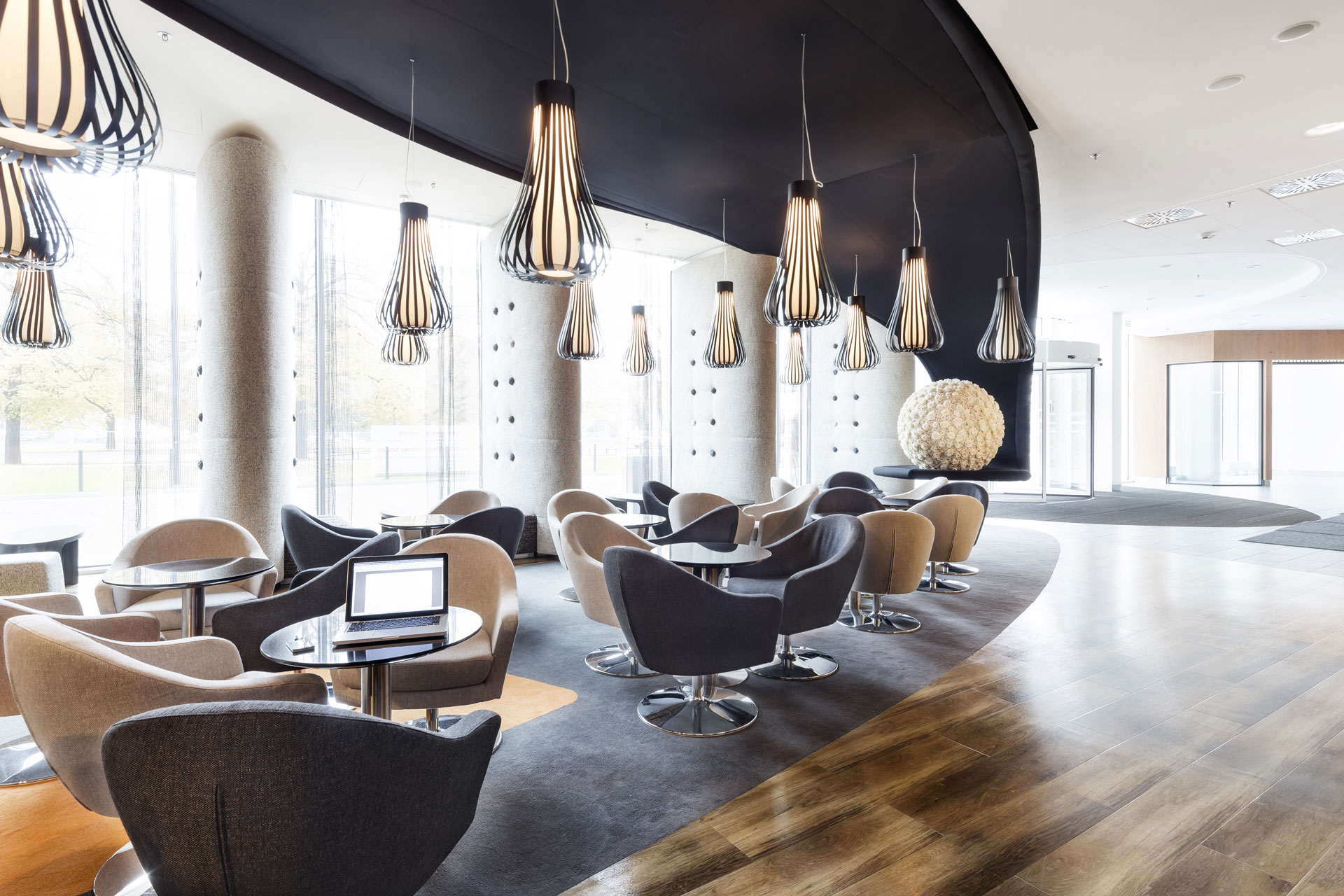
Commercial Real Estate Terms
Build-to-suit
A method of leasing property in which the landlord makes improvements to a space based on the tenant’s specifications. The cost of construction is generally factored into the lease terms. Most build-to-suit provisions apply to long-term (10-year) leases.
Capitalization Rate (CAP Rate)
The income rate of return for a total property that reflects the relationship between one year’s net operating income and the total price or value. Calculated by dividing the net operating income by the sale price or value.
Cash-on-Cash Return
The rate of return on an investment measured as the ratio between the cash flow before taxes and the initial cash investment
Common Area Maintenance (CAM)
A potential lease expense, in addition to contractual rent, passed on to the tenant(s) for cleaning and/or maintenance of the building’s common areas. For retail properties, this may include advertising and other associated expenses.
Full Service Lease Rate (Full Service Gross)
A rental rate that includes normal building standard services which are provided and paid by the landlord.
Modified Gross
Modified Gross is a general type of lease rate where typically the tenant will be responsible for their proportional share of one or more of the expenses. The Lessor (landlord) will pay the remaining expenses.
A lease requiring tenants to pay all utilities, insurance, taxes, and maintenance costs.
Net Operating Income (NOI)
A property’s Gross Operating Income less the sum of all operating expenses. NOI represents a property’s profitability before consideration of taxes, financing or recovery of capital.
Operating Expense
Expense necessary for the maintenance of a piece of real property and to insure its continued ability to produce income. Loan payments, depreciation and capital expenditures are not considered operating expenses.
Pro Forma
A statement or report of projections about the possible future performance of an income property. A pro forma uses assumptions as to future revenues, expenses, interest rates, tax considerations, etc.
Sale-leaseback
A transaction in which an owner sells a property to an investor, who then leases the property back to the original owner under prearranged terms. Sale-leaseback deals offer the original owner freed-up capital and tax breaks and the investor a guaranteed return and appreciation.
Tax-Deferred 1031 Exchange
A provision of the tax code (sec. 1031) that permits property owners to exchange like properties. If certain criteria are met, the parties can defer recognition of gain or loss and therefore also defer the tax that might have occurred in an outright sale.
Tenant Improvements (TI)
Work done on the interior of a space, can be paid for by landlord, tenant, or some combination of both, depending on the terms of the lease.